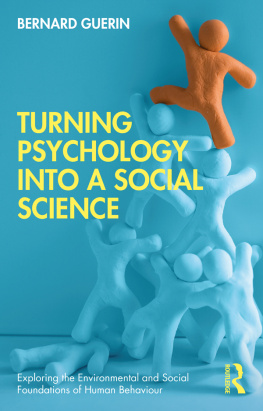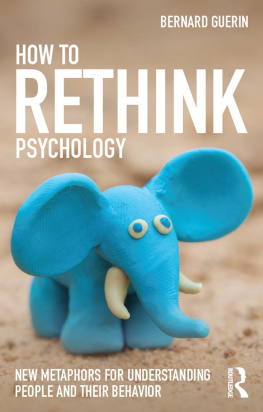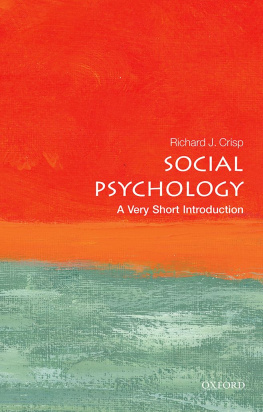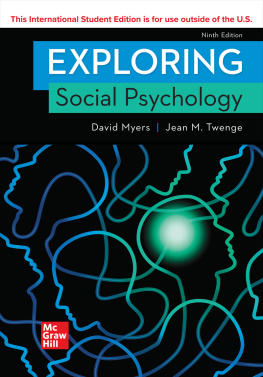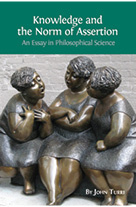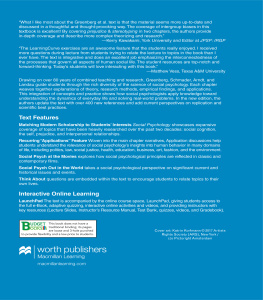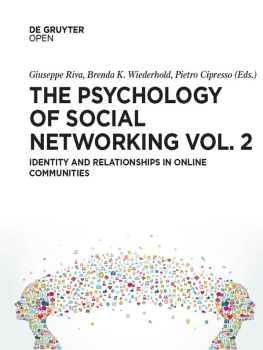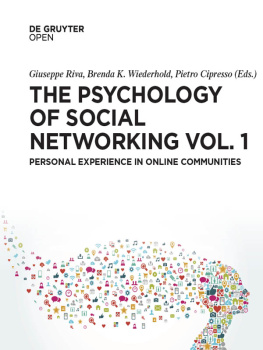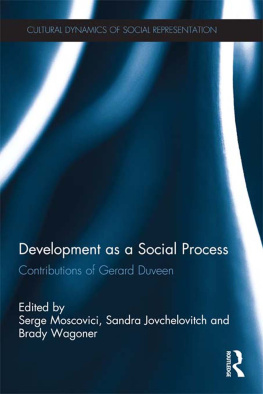Turning Psychology into a Social Science
This radical book explores a new understanding of psychology based on human engagement with external contexts, rather than what goes on inside our heads. It is part of a trilogy that offers a new way of doing psychology, focusing on peoples social and societal environments as determining their behaviour, rather than internal and individualistic attributions.
By showing that we engage directly with our complex social, political, economic, patriarchal, colonized, and cultural contexts and that what we do and think arises from this direct engagement with these external contexts, Bernard Guerin expertly demonstrates that Western ideas have systematically excluded the social but that this is really where the major determinants of our behaviour arise. This book works through many human activities that psychology still treats as individualized and internal and shows their social and societal origins. These includes beliefs, the sense of self, the arts, religious behaviours, and the new and growing area of conservation psychology. The social structures found by sociology, anthropology, and sociolinguistics are shown to shape most individual human actions, and it is shown how the main points of Marxism and Indigenous knowledges can be better merged into this new and broader social science.
Replacing the internal attributions of causes with external contextual analyses based in the social sciences, this book is fascinating reading for academics and students in psychology and the social sciences, and provides exciting new ways to conceptualize and observe human actions in new ways and to resist the current individualistic thinking of psychology.
Bernard Guerin has worked in both Australia and New Zealand researching and teaching to merge psychology with the social sciences. His main research now focuses on contextualizing mental health behaviours, working with Indigenous communities, and exploring social contextual analyses especially for language use and thinking.
Exploring the environmental and social foundations of human behaviour
Series editor
Bernard Guerin
Professor of Psychology, University of South Australia
Can you imagine that everything people do, say, and think is shaped directly by engaging with our many environmental and social contexts? Humans would then really be part of their environment.
For current psychology, however, people only engage with metaphorical internal environments or brain events, and everything we do somehow originates hidden in there. But what if all that we do and think originated out in our worlds, and what we call internal is merely language and conversations that were also shaped by engaging in our external discursive, cultural, and societal environments?
Exploring the Environmental and Social Foundations of Human Behaviour is an exciting new book series about developing the next generation of ways to understand what people do, say, and think. Human behaviour is shaped through directly engaging in our diverse contexts of resources, social relationships, economics, culture, discourses, colonization, patriarchy, society, and the opportunities afforded by our birth contexts. Even language and thinking arise from our external social and discursive contexts, and so the internal and brain metaphors will disappear as psychology becomes merged with the social sciences.
The series is therefore a-disciplinary and presents analyses or contextually engaged research on topics that describe or demonstrate how human behaviour arises from direct engagement with the worlds in which we are embedded.
In this series:
How to Rethink Mental Illness: The Human Contexts Behind the Labels: Volume 1
How to Rethink Human Behavior: A Practical Guide to Social Contextual Analysis: Volume 2
How to Rethink Psychology: New Metaphors for Understanding People and Their Behavior: Volume 3
Turning Psychology into Social Contextual Analysis: Volume 4
Turning Psychology into a Social Science: Volume 5
Turning Mental Health into Social Action: Volume 6
Turning Psychology into a Social Science
Bernard Guerin

First published 2021
by Routledge
2 Park Square, Milton Park, Abingdon, Oxon OX14 4RN
and by Routledge
52 Vanderbilt Avenue, New York, NY 10017
Routledge is an imprint of the Taylor & Francis Group, an informa business
2021 Bernard Guerin
The right of Bernard Guerin to be identified as author of this work has been asserted by him in accordance with sections 77 and 78 of the Copyright, Designs and Patents Act 1988.
All rights reserved. No part of this book may be reprinted or reproduced or utilised in any form or by any electronic, mechanical, or other means, now known or hereafter invented, including photocopying and recording, or in any information storage or retrieval system, without permission in writing from the publishers.
Trademark notice: Product or corporate names may be trademarks or registered trademarks, and are used only for identification and explanation without intent to infringe.
British Library Cataloguing-in-Publication Data
A catalogue record for this book is available from the British Library
Library of Congress Cataloging-in-Publication Data
A catalog record has been requested for this book
ISBN: 978-0-367-89813-7 (hbk)
ISBN: 978-0-367-89812-0 (pbk)
ISBN: 978-1-003-02127-8 (ebk)
Typeset in Times
by Newgen Publishing UK
Contents
As I hope the reader will discover, this series of books is not about providing a new theory of psychology, and especially not a grand theory, even though the contents might suggest that. It is also not providing a new philosophy, except in a broad sense not related to Western philosophy.
The approach argues, in fact, that words do not have meaning nor do they represent, refer to, or express anything and that argues against the whole Western tradition of philosophy. The only thing words do is to change the behaviour of other people given the right social contexts. And that is all this huge collection of words is trying to do.
Most of my words that follow are therefore trying to get you, the reader, to observe the world in new ways; be sensitized to see things you did not see before, and then act in new ways on that basis where appropriate. Most of current psychology, I argue, is just looking in the wrong places for answers and explanations. Because they do not find the answers there, they invent even more abstract words and use correlations to support them, so it looks as if we have discovered something.
The first book in this new trilogy goes back to before the cognitive revolution and shows that the whole reasoning for even having a revolution was mistaken. Psychology took a wrong turn by the assumption that humans must go beyond the information given. Instead, I show how all the subsequent ideas of processing information and internal constructions and representations were really about the social uses of language, and all these ideas and theories can be replaced when we turn psychology inside out. Language use is shown to be externally driven by properly observing all social and societal contexts and realizing that thinking is just language use not said out loud. I then show how we can replace our psychology with the diverse life contexts in which we are immersed, and explore how we can contextualize perception, emotion, and thinking in this way so they do not originate inside our heads.

